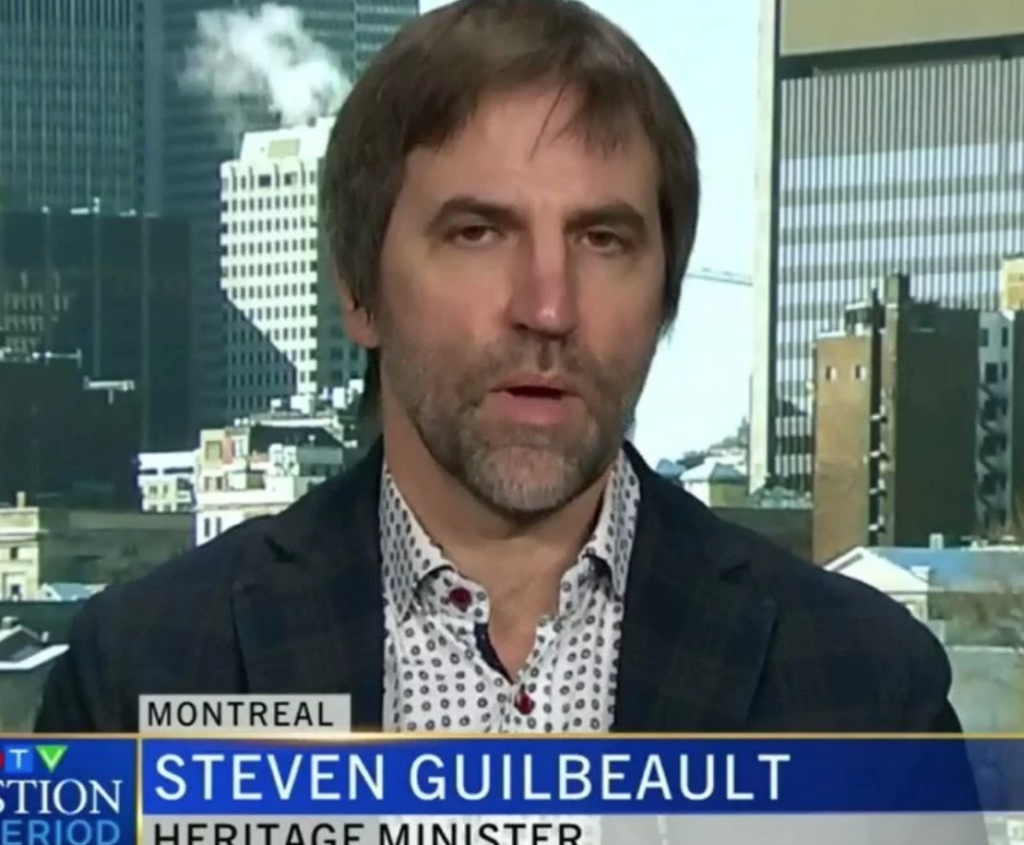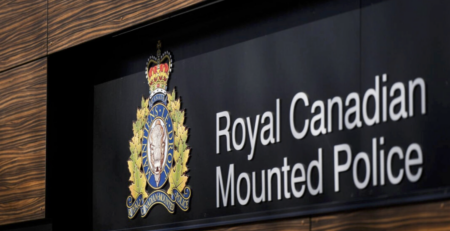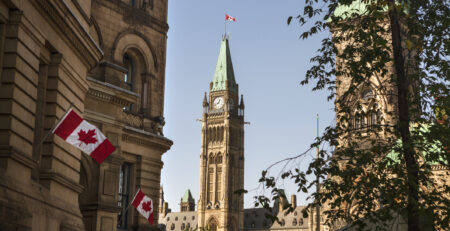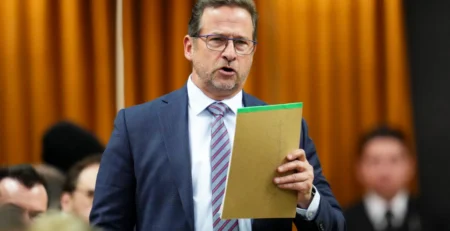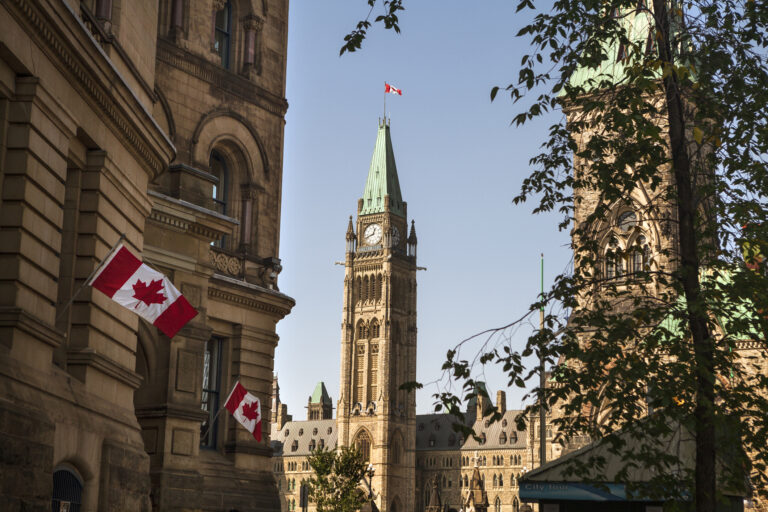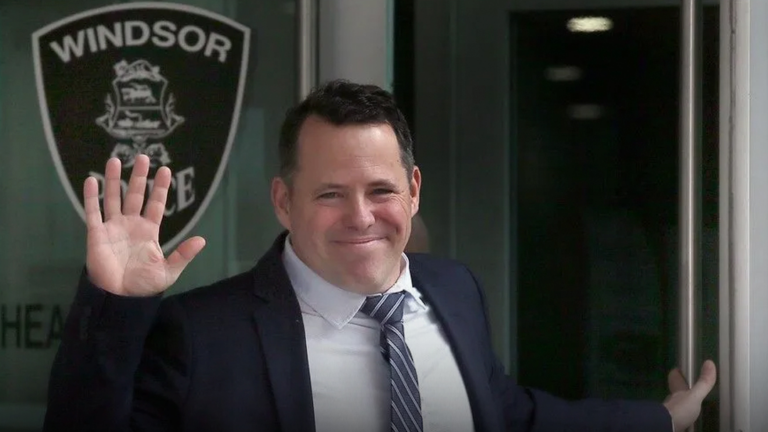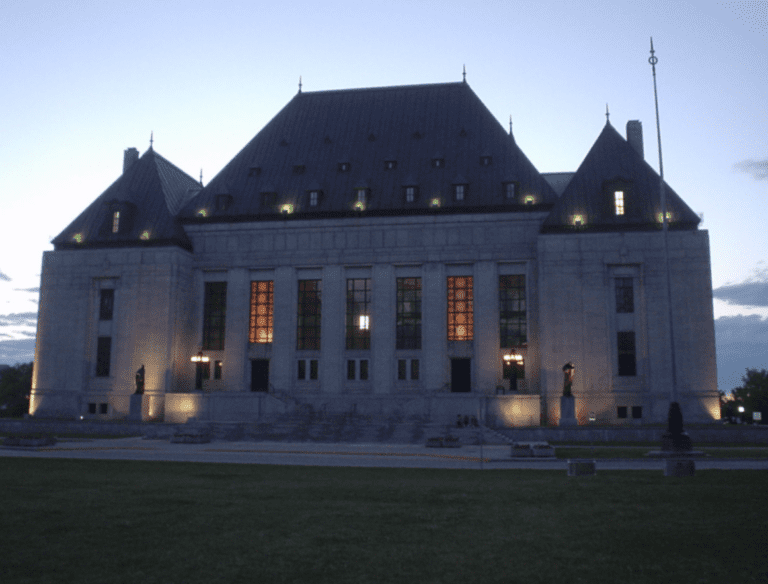by JOHN CARPAY and LISA BILDY, The Post Millennial
The underlying message of the federal government’s new plans for a regulatory Communications Commission is that the government is here to help curate the internet for Canadians. The proposed Commission would decide what sort of online content is to be “trusted.”
It may be meant to comfort complacent Canadians, but it isn’t comforting at all. Such a gambit would provide the administrative state the ability to restrict media that it simply doesn’t like, under the guise of wanting to protect us all from “harmful content.”
The Broadcasting and Telecommunications Legislative Review Panel’s report, issued January 29, 2020, threatens “a free, unfettered internet through which Canadians can speak, learn and communicate without permission of the state,” argues Peter Menzies of the Macdonald-Laurier Institute. This report recommends “a sweeping series of interventions that would make all online media – from online sites such as Rabble to Rebel News, and in any language – subject to government regulation.”
“That’s right: After more than a century of non-interference in speech through telecommunications, it is suggested that the state will determine what constitutes news and, when the proposed objectives of the act are included, “trusted” news,” Menzies explained in the Globe and Mail.
“Yet,” he goes on to say, “there are no recommendations among the 97 listed regarding safeguarding the independence of the regulator of news from political interference or of improving transparency regarding its decisions.”
As if to prove Menzies’ point, federal Heritage Minister Steven Guilbeault stated on February 2 that “If you’re a distributor of content in Canada … we would ask that they have a license, yes.”
“We will not impose licensing requirements on news organizations nor will we regulate news content,” Prime Minister Justin Trudeau declared a day later. No doubt he was responding to outrage from media people across the country and from the full range of the political spectrum.
This backtracking should be welcomed as a positive signal for preserving Canada as a free society.
Unfortunately, the Prime Minister’s statement appears to have been nothing more than a temporary deflection of criticism. The plan to monitor and regulate the internet carries on in other forms, like a proposal for a new study that would require internet platforms to do the dirty work of censoring.
The Standing Committee on Canadian Heritage emerged with a resolution on February 26, stating: “It was agreed, — That the committee undertake a study of the creation and implementation of new measures for online media platforms and internet service providers requiring them to monitor, address and remove content that constitutes hate speech and remove any other content which is illegal in Canada or prohibited by the Criminal Code such as incitement of violence, incitement of genocide, creation or distribution of terrorist propaganda and exploitation of children, in a timely manner.”
It seems that the federal government is trying to gain an acceptable foothold into the regulation of online content, including news media, by referring to the elimination of the most egregious and criminal content out there – terrorism, child pornography and incitement to violence and genocide. If this Committee’s resolution merely required online media platforms and internet service providers to remove content that violates Canada’s Criminal Code, it would amount to no more than redundant virtue-signalling. Owners and managers of websites are already in the practice of not posting illegal or criminal content, or removing it when it slips through. They don’t need further resolutions to ensure that they comply with existing law.
But the Committee doesn’t stop at mere virtue-signalling. Rather, it proposes to study the banning of “hate speech” as something separate and different from illegal content prohibited by the Criminal Code. Banning “hate speech” without clearly defining “hate speech” is a serious threat to freedom of expression. People have subjective and very different experiences as to what they feel is hateful or not hateful. Hate, like beauty and like extremism, is in the eye of the beholder.
The Committee proposes that online media platforms and internet service providers do the work of monitoring and removing any content “that constitutes hate speech” on the government’s behalf. That is precisely the sort of subjective and open-ended power that can easily be abused and broadened to remove content that someone finds objectionable, but that doesn’t rise to the high threshold of being criminal. We have already seen Twitter, Facebook, Google and YouTube move to censor or penalize politically incorrect speech, such as Meghan Murphy being banned from Twitter for “misgendering” someone.
More and more, political activists are quick to denounce as “hateful” whatever they disagree with. This kind of name-calling is already having a chilling effect on the public debate on virtually all social and political issues. Empowering government bureaucrats with the authority to censor what they subjectively feel to be “hateful,” or mandating independent companies to engage in censorship on their behalf, will only serve to punish “wrongthink” while stifling the necessary discourse and exchange of ideas that permit a free society to flourish.
Lawyer John Carpay is President of the Justice Centre for Constitutional Freedoms (JCCF.ca)
Lisa Bildy is a staff lawyer.


